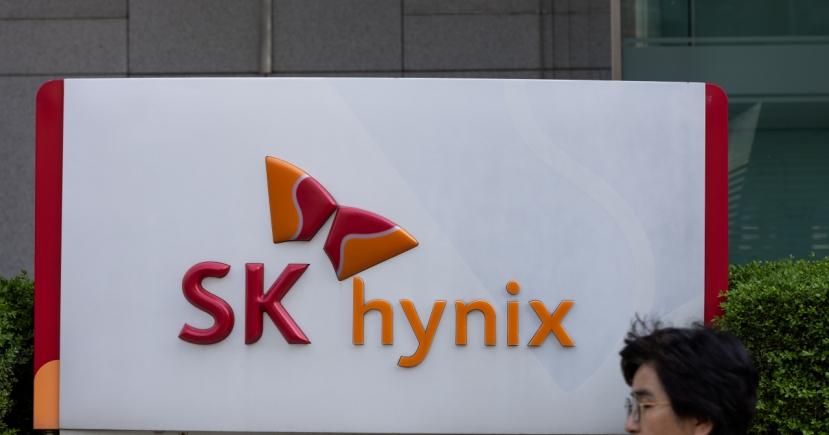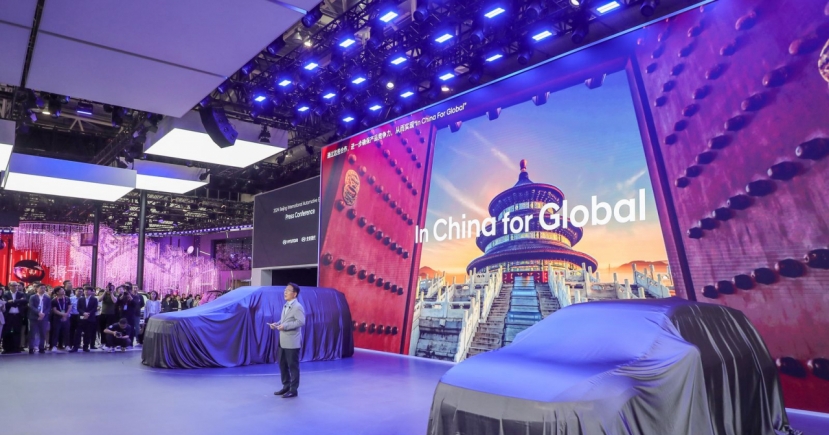Economy
Mobility firms disappointed with new regulations on ride-hailing services
The South Korean government’s solutions announced on July 17 hoping to resolve long-lasting confrontation between cab operators and new mobility platforms appear to appease only one side -- the taxi industry.
The Ministry of Land, Infrastructure and Transport has unveiled a series of measures that allow new ride-hailing and car-hailing platforms to enter the market while outlining plans to support the taxi industry.
According to the measures, services like Waygo Blue, a premium taxi service provider launched by Kakao Mobility, a subsidiary of messenger app operator Kakao, and Tago Solutions, a taxi franchise consisting of some 50 taxi operators, will see more flexible regulations in terms of the exterior design of vehicles and fares.
Kakao T, an app that links customers and taxi drivers, will just need to register with the authorities to operate.
But if a company offers ride-sharing services without using cabs, it gets more complicated. To operate ride-hailing platform services, companies will be required to chip in for the government’s scheme to purchase taxi licenses.
 |
Taxi drivers stage a protest gainst Kakao Mobility`s carpooling service in August, 2018. |
“The government has been reducing the number of taxis to resolve oversupply problems in the market. In exchange for their contribution for the taxi license purchases, Tada and other car-hailing companies will be allowed to compete with taxis,” a ministry official said.
In addition, ride-sharing platform companies must own their cars and their drivers must have a taxi license.
Therefore, these new measures put startups like Tada, a ride-hailing service operated by VCNC, a subsidiary of car-sharing platform SoCar, at risk. Tada operates with 1,000 registered 11-seat vehicles that are rented with a pool of drivers, mostly freelancers without a taxi driver’s license. It is estimated VCNC would need 30 billion won ($25 million) to purchase all the cars it operates.
“These measures raise the entry barriers for new operators as they are tailed to serve the taxi industry. We need a new approach and agreement that includes both the taxi industry and new mobility industry in order to expand benefits for users,” Park Jae-wook, CEO of VNCN, said in a statement.
 |
Park Jae-wook, CEO of VCNC, the operator of ride-hailing service Tada |
“It seems that the taxi industry won a complete victory,” Kang Kyung-woo, professor of transportation and logistics engineering department at Hanyang University, said. “This is a clear message for overseas companies not to enter Korea and for domestic firms not to touch the taxi industry,” he added.
“The key point of the platforms like Uber or Grab is they use your own cars whereas our platforms still have use cabs,” Woo Jung-hoon, Aju University professor said. “Now it is really hard to predict Korea’s future of smart mobility industry.”
Meanwhile, to improve taxi drivers’ work conditions, the government has decided to scrap the current compensation system in which cab drivers have to pay back a fixed amount back to their companies while keeping the remaining.
Based on the measures announced on July 17, the Transport Ministry is scheduled to submit a revised bill to the National Assembly later this year.
By Park Ga-young (gypark@heraldcorp.com)






![[KH Explains] Korean shipbuilding stocks rally: Real growth or bubble?](http://res.heraldm.com/phpwas/restmb_idxmake.php?idx=151&simg=/content/image/2024/04/25/20240425050656_0.jpg)
![[Hello India] Hyundai Motor vows to boost 'clean mobility' in India](http://res.heraldm.com/phpwas/restmb_idxmake.php?idx=151&simg=/content/image/2024/04/25/20240425050672_0.jpg)
